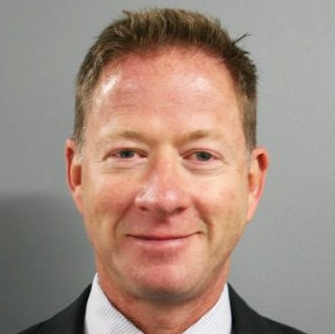
News

Reflections on matric
MARC FALCONER
For a teacher, an invitation to a past pupil’s 21st comes with extra pressure. It means that the pupil you taught about three years ago – sometimes more – really wants you there. It also gives a glimpse into the trajectory of a life launched – but not yet entirely set – on its destination.
It also puts the end-of-school “hurdle” in a new perspective. Like a galloping herd of wild horses, the group which has recently written the matric exam has leapt over, and has before it the promise of wide-open plains: any direction, any company, any speed.
So, there I sat among the other party guests – the compulsory slightly inebriated great uncle and the adoring spinster aunt – and in this case, for some reason, I remember being seated next to PJ Powers!
This past pupil was Nicolas who had been in my matric English class, and who had either sneered, snored or sighed (it seemed to me) his way through many hours of Hamlet.
A top matric achiever he most certainly was not. (I notice that the school Nicolas attended now boasts a distinction rate of 3.5 per candidate. In the days of his matric, this average was more in the region of two distinctions – the fiscus it seems is not the only sphere of inflation.)
In the even remoter days when I was at school, one distinction was considered gifted and, with three, one was on the brink of genius. These days, parents seem a little shame-faced if their academically aspirant offspring cannot lay claim to a least one. Such nonsense!
But there was something quite unusual about Nicolas even then. He seemed to understand that a matric certificate, garlanded or not with As, was not in and of itself a symbol of success.
While not to undervalue the work and dedication such achievements entail, it was, as he mentioned in his speech, just a thing one could or could not do. Being able to excel at sitting down at a hellishly uncomfortable desk in a hot and sweaty hall and produce convincing answers in a certain strictly controlled time was certainly a skill. However, it did not necessarily predict one’s ability to run a business, be an ethical employer, find opportunities to grow and develop in one’s work, or be a good friend, parent, spouse, or citizen.
And interestingly, for all his modest 67% in English and his somnambulistic approach at the back of the class, his 21st speech was bestrewn with Hamlet references. “Brevity is the soul of wit,” he said at the beginning of his focused comments, and so apposite for Nicolas: “This above all: to thine own self be true.”
Since we have kept contact over the years, I can report that Nicolas is the founder-owner of a large, multimillion rand waste-disposal company employing many hundreds of people.
And now, many years later, I am also able to consider another quote Nicolas contrived to have in his speech – and that was after I had met and considered the quite distinct philosophies of Rabbi Shammai and Rabbi Hillel. The former’s thoughts and opinions weighed and measured and quite possibly coming with some sort of certification (but without exception in this case). The latter, Rabbi Hillel, would almost certainly have nodded in agreement with Shakespeare’s understanding of unexamined potential: “Lord, we know what we are, but not what we may be.”
- Marc Falconer is the principal of Herzlia High School in Cape Town.




